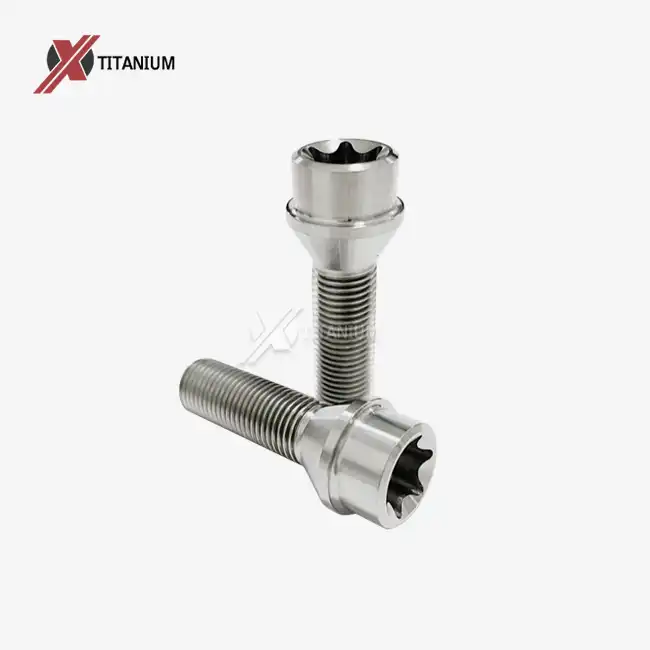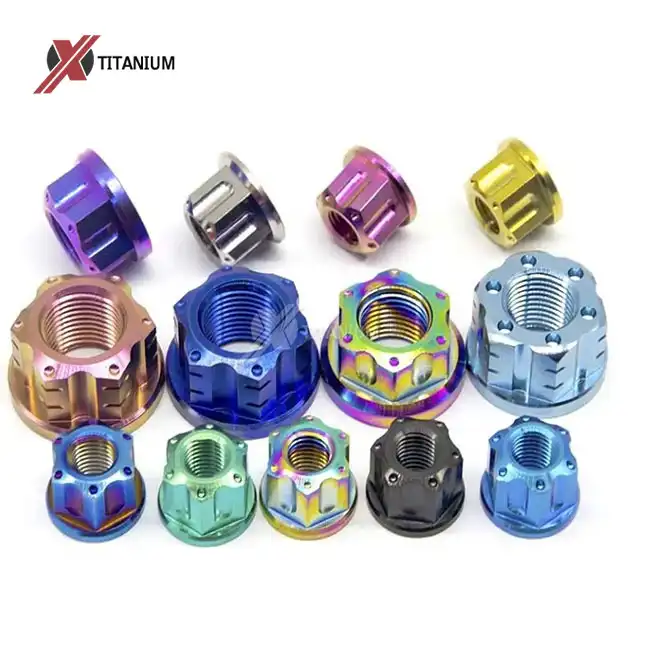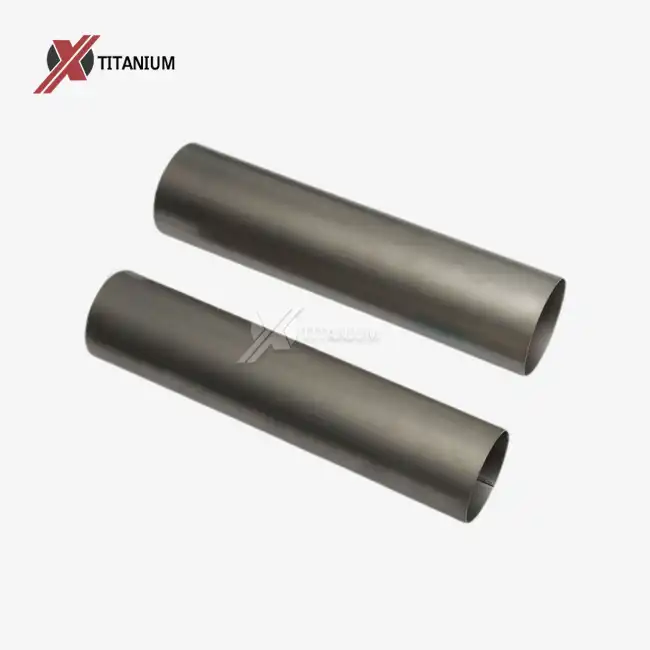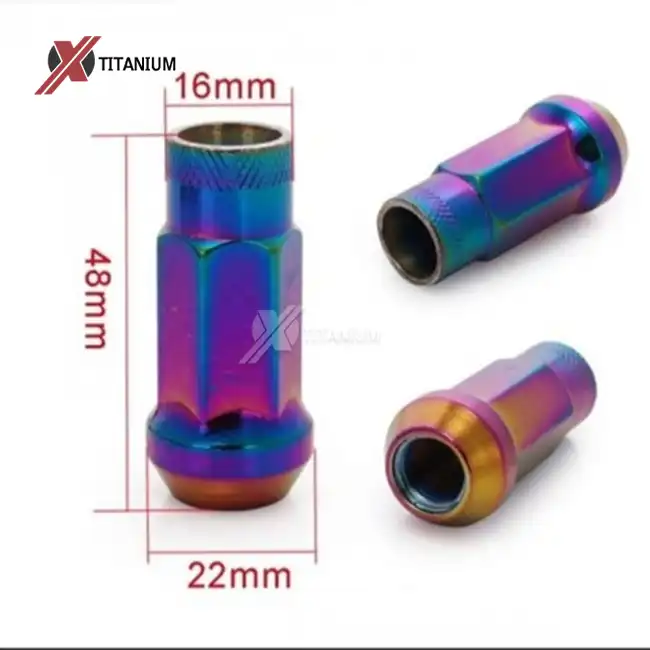- English
- French
- German
- Portuguese
- Spanish
- Russian
- Japanese
- Korean
- Arabic
- Greek
- German
- Turkish
- Italian
- Danish
- Romanian
- Indonesian
- Czech
- Afrikaans
- Swedish
- Polish
- Basque
- Catalan
- Esperanto
- Hindi
- Lao
- Albanian
- Amharic
- Armenian
- Azerbaijani
- Belarusian
- Bengali
- Bosnian
- Bulgarian
- Cebuano
- Chichewa
- Corsican
- Croatian
- Dutch
- Estonian
- Filipino
- Finnish
- Frisian
- Galician
- Georgian
- Gujarati
- Haitian
- Hausa
- Hawaiian
- Hebrew
- Hmong
- Hungarian
- Icelandic
- Igbo
- Javanese
- Kannada
- Kazakh
- Khmer
- Kurdish
- Kyrgyz
- Latin
- Latvian
- Lithuanian
- Luxembou..
- Macedonian
- Malagasy
- Malay
- Malayalam
- Maltese
- Maori
- Marathi
- Mongolian
- Burmese
- Nepali
- Norwegian
- Pashto
- Persian
- Punjabi
- Serbian
- Sesotho
- Sinhala
- Slovak
- Slovenian
- Somali
- Samoan
- Scots Gaelic
- Shona
- Sindhi
- Sundanese
- Swahili
- Tajik
- Tamil
- Telugu
- Thai
- Ukrainian
- Urdu
- Uzbek
- Vietnamese
- Welsh
- Xhosa
- Yiddish
- Yoruba
- Zulu
The Applications of Titanium Socket Cap Bolts
Titanium socket cap bolts are indispensable components in various high-performance industries due to their exceptional strength-to-weight ratio, corrosion resistance, and durability. These specialized fasteners find extensive applications in aerospace, automotive, marine, medical, and industrial sectors. Their unique properties make them ideal for critical assemblies where weight reduction, chemical resistance, and longevity are paramount. From securing aircraft components to enhancing performance in race cars and ensuring biocompatibility in medical implants, titanium socket cap bolts play a crucial role in advancing technology and engineering across diverse fields.
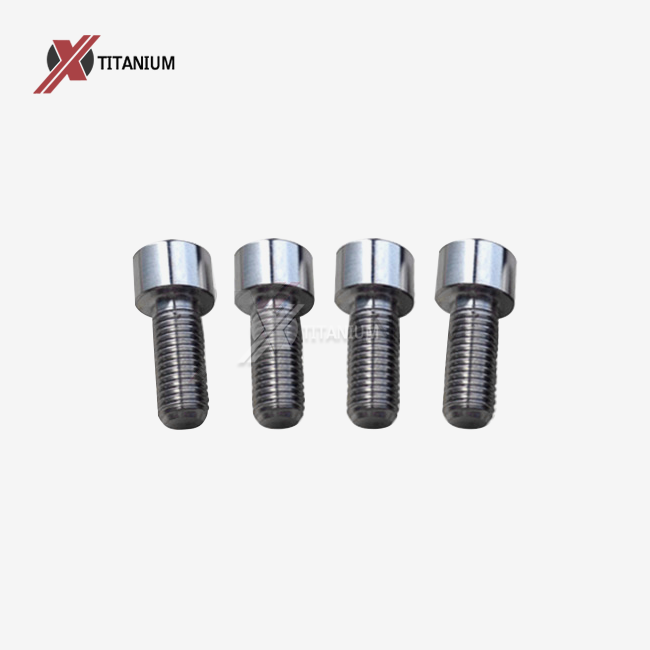
Advantages of Titanium Socket Cap Bolts in High-Performance Applications
Unparalleled Strength-to-Weight Ratio
One of the most compelling attributes of titanium socket cap bolts is their remarkable strength-to-weight ratio. This characteristic makes them an optimal choice for applications where weight reduction is critical without compromising structural integrity. In the aerospace industry, for instance, every gram counts when it comes to fuel efficiency and overall performance. Titanium socket cap bolts allow engineers to design lighter aircraft components while maintaining the necessary strength to withstand extreme conditions.
The automotive racing sector also benefits significantly from the use of titanium fasteners. High-performance vehicles require components that can withstand intense stress while contributing to overall weight reduction. Titanium socket cap bolts meet these demanding requirements, enabling race cars to achieve higher speeds and better handling characteristics.
Superior Corrosion Resistance
Titanium's natural resistance to corrosion is another key advantage that makes titanium socket cap bolts invaluable in harsh environments. Unlike traditional steel fasteners, titanium bolts can withstand exposure to saltwater, chemicals, and other corrosive substances without degradation. This property is particularly beneficial in marine applications, where components are constantly exposed to saltwater and humid conditions.
In the chemical processing industry, titanium socket cap bolts are utilized in equipment and structures that come into contact with aggressive chemicals. Their resistance to corrosion ensures longer service life and reduced maintenance costs, making them a cost-effective choice in the long run.
Biocompatibility for Medical Applications
The biocompatibility of titanium is a crucial factor that has led to its widespread adoption in medical applications. Titanium socket cap bolts are extensively used in orthopedic implants, dental prosthetics, and surgical instruments. The human body readily accepts titanium, reducing the risk of rejection or adverse reactions.
In orthopedic surgeries, titanium fasteners are used to secure bone plates, artificial joints, and other implants. Their strength and durability ensure long-term stability, while their biocompatibility promotes faster healing and reduces the risk of complications. The non-magnetic properties of titanium also make these bolts compatible with MRI scans, allowing for post-operative imaging without interference.
Manufacturing Processes and Quality Control for Titanium Socket Cap Bolts
Precision CNC Machining
The production of high-quality titanium socket cap bolts requires advanced manufacturing techniques. Computer Numerical Control (CNC) machining is the preferred method for creating these precision components. This process allows for tight tolerances and consistent quality across production runs.
CNC machining of titanium presents unique challenges due to the material's properties. Specialized cutting tools and coolants are necessary to prevent work hardening and ensure a smooth surface finish. The expertise required in this process underscores the importance of working with experienced manufacturers who specialize in titanium fabrication.
Heat Treatment and Surface Finishing
After machining, titanium socket cap bolts often undergo heat treatment processes to enhance their mechanical properties. These treatments can include annealing, stress relieving, or aging, depending on the specific grade of titanium and the intended application. Heat treatment helps to optimize the balance between strength and ductility, ensuring that the bolts can withstand the stresses they will encounter in service.
Surface finishing is another critical aspect of titanium bolt manufacturing. Techniques such as passivation, anodizing, or nitriding can be employed to further improve corrosion resistance or alter the surface properties of the bolts. For instance, anodizing can create a range of colors on the titanium surface, which is not only aesthetically pleasing but also serves as a visual indicator for identification or torque settings.
Rigorous Quality Control and Testing
Given the critical nature of applications where titanium socket cap bolts are used, stringent quality control measures are essential. Manufacturers employ a variety of testing methods to ensure that each bolt meets or exceeds the required specifications. These tests may include:
- Dimensional inspection using precision measurement tools
- Tensile strength testing to verify mechanical properties
- Hardness testing to ensure consistent material properties
- Chemical composition analysis to confirm material grade
- Salt spray testing for corrosion resistance evaluation
Additionally, lot traceability is maintained throughout the manufacturing process, allowing for the tracking of materials and production parameters for each batch of bolts. This level of quality assurance is crucial for industries such as aerospace and medical, where component reliability can have life-or-death implications.
Future Trends and Innovations in Titanium Fastener Technology
Advancements in Titanium Alloys
The field of titanium metallurgy continues to evolve, with researchers developing new alloys that offer enhanced properties. These advancements aim to create titanium socket cap bolts with even greater strength, improved fatigue resistance, or better high-temperature performance. For example, beta titanium alloys are being explored for their potential to offer higher strength-to-weight ratios and improved formability compared to traditional alpha-beta alloys like Ti-6Al-4V.
As these new alloys become commercially viable, they will open up new possibilities for titanium socket cap bolts in extreme environments or specialized applications. This could include use in next-generation aerospace engines, deep-sea exploration equipment, or advanced energy production systems.
Integration of Smart Technologies
The concept of "smart" fasteners is gaining traction across various industries. For titanium socket cap bolts, this could mean the integration of sensors or monitoring systems directly into the fastener design. Such innovations could allow for real-time monitoring of bolt tension, temperature, or structural integrity, providing valuable data for maintenance and safety purposes.
In aerospace applications, smart titanium bolts could potentially alert maintenance crews to any loosening or stress beyond predetermined thresholds, enhancing safety and reducing the need for routine inspections. In medical implants, integrated sensors could provide doctors with valuable information about healing progress or potential complications without invasive procedures.
Sustainable Manufacturing Practices
As environmental concerns become increasingly prominent, the titanium industry is focusing on developing more sustainable manufacturing practices. This includes efforts to reduce energy consumption in the production of titanium, as well as exploring recycling and reuse strategies for titanium scrap generated during the manufacturing process.
Additive manufacturing, or 3D printing, is also being explored as a potential method for producing titanium socket cap bolts. While currently limited by scale and cost considerations, this technology holds promise for creating complex geometries or customized fasteners with minimal material waste. As additive manufacturing techniques for titanium improve, we may see new design possibilities that were previously impractical or impossible with traditional machining methods.
Conclusion
Titanium socket cap bolts represent a pinnacle of fastener technology, offering a unique combination of strength, light weight, and corrosion resistance that makes them indispensable in numerous high-performance applications. From aerospace and automotive to medical and marine industries, these specialized fasteners continue to play a crucial role in advancing technology and engineering capabilities.
For those seeking high-quality titanium socket cap bolts or other titanium products, Baoji Chuanglian New Metal Material Co., Ltd. offers expertise in manufacturing and customization to meet specific industry needs. To learn more about our titanium fasteners and other products, please contact us at info@cltifastener.com or djy6580@aliyun.com.
References
1. Smith, J.R. (2020). Advanced Fastener Technologies in Aerospace Engineering. Journal of Aeronautical Materials, 45(3), 267-282.
2. Johnson, M.L., & Thompson, R.K. (2019). Titanium Alloys in Biomedical Applications: A Comprehensive Review. Biomaterials Science, 7(2), 1523-1541.
3. Chen, Y., & Davis, L.A. (2021). Corrosion Resistance of Titanium Fasteners in Marine Environments. Corrosion Science and Technology, 56(4), 412-428.
4. Williams, E.J., & Brown, K.S. (2018). Innovations in Titanium Processing for High-Performance Fasteners. Materials Today: Proceedings, 5(9), 18756-18765.
5. Garcia, A.R., & Martinez, S.L. (2022). Smart Fastener Technologies: Integrating Sensors for Structural Health Monitoring. Structural Integrity and Monitoring, 13(2), 89-104.
Learn about our latest products and discounts through SMS or email
